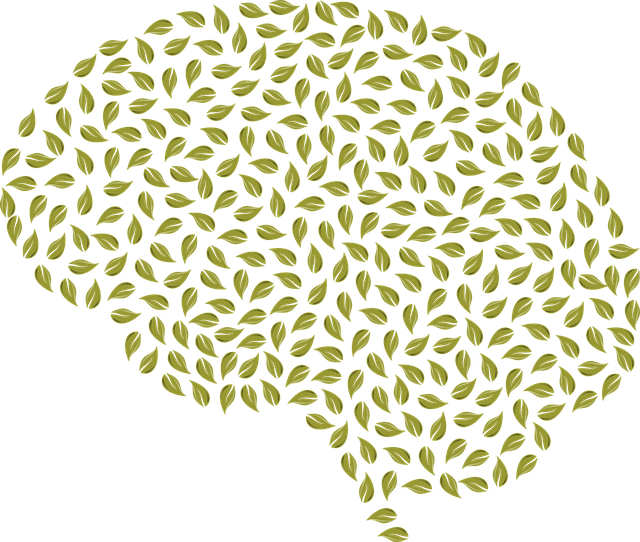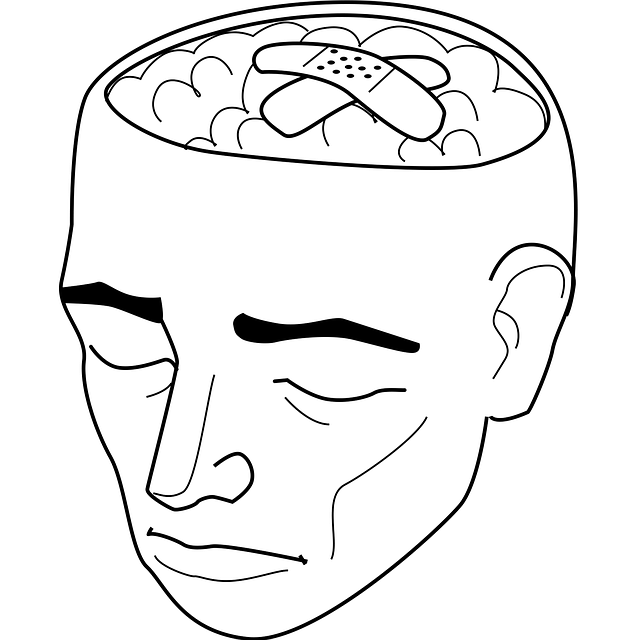Parker ADD-ADHD Evaluations Therapy offers a comprehensive, structured approach to building resilience in individuals with Attention Deficit Disorder (ADD) or Attention Deficit Hyperactivity Disorder (ADHD). Using the RFM model, they help clients understand stress responses, assess risks, and develop adaptive coping strategies. This empowers them to confront challenges directly, fostering control and boosting mental health. Their innovative therapy program includes detailed cognitive and behavioral evaluations, personalized interventions for emotional regulation, focus improvement, and better decision-making. By integrating cognitive reframing, mindfulness, and problem-solving skills, they equip individuals with lasting coping mechanisms and enhance their overall well-being through structured therapy, including Mental Wellness Journaling Exercises.
Resilience is a vital asset in navigating life’s challenges, and RFM (Resilience, Flexibility, and Mobility) training has emerged as a powerful tool for building this strength. This article explores how RFM, combined with tailored interventions like Parker ADD-ADHD evaluations, can enhance an individual’s resilience. We delve into effective training exercises and the significant impact of structured therapy on fostering long-term adaptability. By understanding these approaches, we can empower folks to embrace life’s twists and turns with greater ease.
- Understanding RFM and Its Role in Resilience Building
- Parker ADD-ADHD Evaluations: Unlocking Individual Potential
- Implementing Effective Resilience Training Exercises
- The Impact of Structured Therapy on Long-Term Resilience
Understanding RFM and Its Role in Resilience Building

Resilience is a vital component of overall well-being, especially for individuals with attention-deficit/hyperactivity disorder (ADD/ADHD). Understanding Risk, Frequency, and Motivation (RFM) offers a structured approach to building resilience. This concept, often employed in therapy sessions, helps clients navigate challenges by examining their emotional responses to stressors. By assessing the risk associated with these triggers, individuals can learn to manage their reactions effectively.
The Parker ADD-ADHD Evaluations Therapy framework emphasizes the importance of communication strategies and mental health awareness. Through risk assessment, therapists can guide clients in identifying potential hazards and developing adaptive coping mechanisms. This process empowers them to face adversity head-on, fostering a sense of control and enhancing overall resilience.
Parker ADD-ADHD Evaluations: Unlocking Individual Potential

The Parker ADD-ADHD Evaluations represent a powerful tool in unlocking individual potential by providing a comprehensive framework for understanding and supporting individuals with Attention Deficit Disorder (ADD) or Attention Deficit Hyperactivity Disorder (ADHD). This specialized therapy goes beyond traditional assessments, delving into the unique strengths and challenges of each person. By meticulously evaluating various aspects such as cognitive functioning, executive functions, and behavioral patterns, it offers a nuanced view of how individuals process information and interact with their environment.
Through this tailored approach, Parker ADD-ADHD Evaluations facilitate personalized interventions aimed at enhancing emotional regulation, improving focus, and fostering better decision-making skills. Such targeted therapy plays a crucial role in the broader context of community outreach program implementation, mental health awareness initiatives, and overall well-being promotion. By empowering individuals to manage their symptoms effectively, these evaluations contribute to creating a supportive ecosystem that acknowledges and respects the diverse needs of those navigating ADD/ADHD.
Implementing Effective Resilience Training Exercises

Implementing effective resilience training exercises is a key aspect of fostering mental wellness and emotional well-being among individuals, especially those with conditions like ADD/ADHD. These exercises play a pivotal role in helping people navigate challenges and adapt to changing circumstances. By integrating techniques such as cognitive reframing, mindfulness practices, and problem-solving skills, individuals gain the tools necessary to bounce back from setbacks and maintain a positive outlook.
Resilience building programs, akin to those offered by Parker ADD-ADHD Evaluations & Therapy, focus on developing coping strategies that promote emotional resilience. Through structured activities and one-on-one mental wellness coaching, participants learn to manage stress, regulate emotions, and cultivate a growth mindset. Positive thinking exercises, combined with the Promotion Techniques of emotional well-being, empower individuals to transform their perspectives, enhancing their overall ability to cope with life’s inevitable ups and downs.
The Impact of Structured Therapy on Long-Term Resilience

Structured therapy plays a pivotal role in fostering long-term resilience, particularly for individuals navigating conditions like ADD/ADHD. Beyond addressing immediate symptoms, this therapeutic approach equips clients with coping mechanisms and problem-solving strategies that endure over time. Through consistent practice and tailored guidance, therapy helps individuals develop a deeper understanding of their emotions, triggers, and strengths, empowering them to effectively manage challenges and adapt to life’s ups and downs.
Integrating practices such as Mental Wellness Journaling Exercise Guidance can significantly enhance the resilience-building process. Regular journaling allows individuals to reflect on their experiences, track progress, and identify patterns, thereby improving self-awareness and emotional regulation. By combining structured therapy with these reflective exercises, professionals like those conducting Parker ADD-ADHD Evaluations can offer comprehensive support that addresses both the symptoms and underlying vulnerabilities, ultimately contributing to enhanced mental wellness and better stress management.
In conclusion, integrating RFM and resilience building exercises, such as Parker ADD-ADHD evaluations and structured therapy, offers a comprehensive approach to enhancing long-term mental fortitude. By understanding individual needs and implementing tailored training, individuals can unlock their full potential, fostering adaptability and a positive mindset to navigate life’s challenges effectively.









